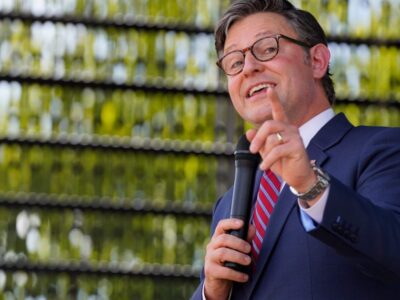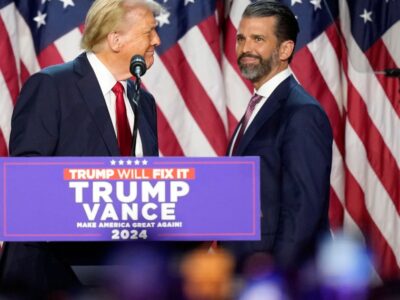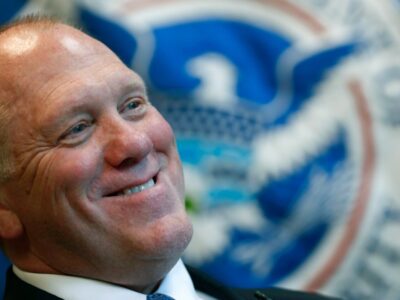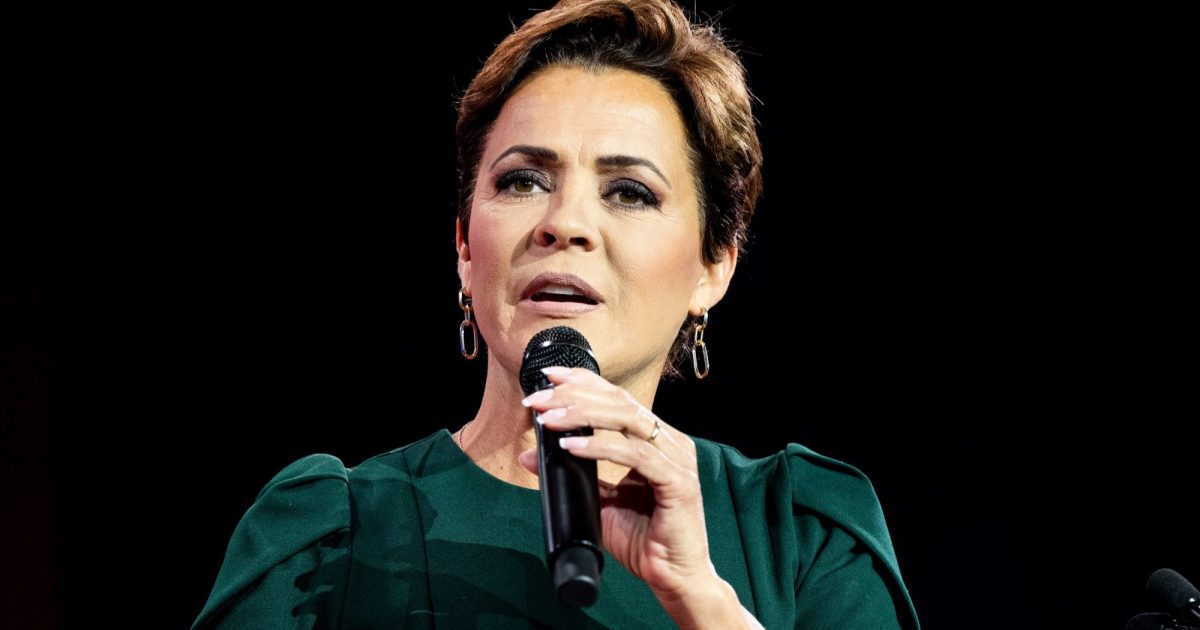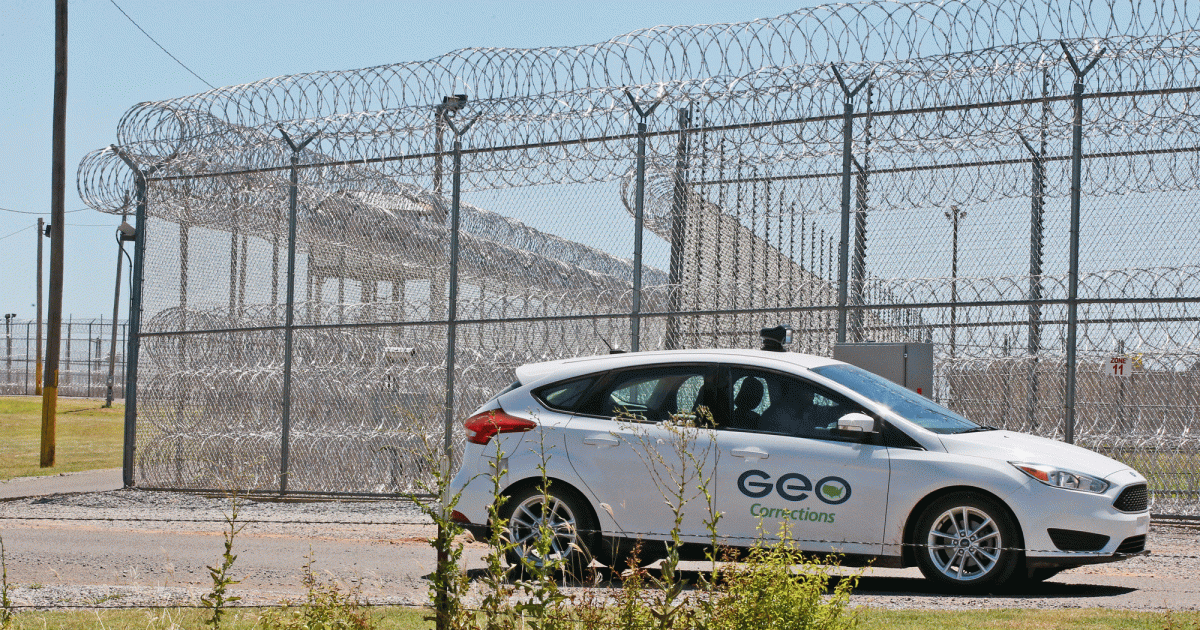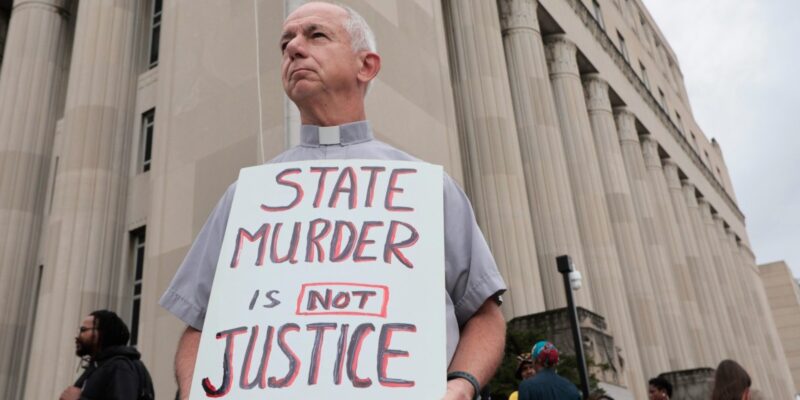
Freddie “Khalil” Owens. Marcellus “Khaliifah” Williams. Emmanuel Littlejohn. Travis Mullis. Alan Eugene Miller.
All five men were executed within one week in five different states, a period political scientist Austin Sarat condemned as “the worst execution spree in three decades.”
The most high-profile execution took place on Tuesday when Missouri executed Marcellus Williams, who had maintained his innocence for decades. The execution was carried out despite the prosecutor’s office in the 1998 murder trial acknowledging that evidence had been mishandled and therefore urged for the conviction to be vacated. The execution of Miller in Alabama also received intense media attention this week over the state’s use of nitrogen gas, a method many have likened to torture.
The five executions once again thrust the issue of capital punishment, long criticized as unjust and unconstitutional, back into the public discourse, with advocates against the death penalty calling for a national reckoning. Many recalled studies that have repeatedly shown that people of color, and primarily those with intellectual disabilities, are far more likely to be given death sentences—despite little evidence that the punishment works to deter crime.
“It’s the growing perception that the death penalty system in the United States is broken in its operation.”
“The United States is in the midst of a national reconsideration of capital punishment in a way that was completely unforeseeable,” Sarat told me during a phone call this week.
“What is driving this national reconsideration? It isn’t sudden moral conversions of people who are supporters of the death penalty. It’s the growing perception that the death penalty system in the United States is broken in its operation.”
But amid the extraordinary string of executions this week, Vice President Kamala Harris has remained curiously silent on the issue of state-sanctioned violence and the death penalty. For some, the apparent silence is out of step with Harris’ deep history of opposing the death penalty, which includes her promise as San Francisco’s district attorney never to charge someone with the death penalty. She also campaigned on the promise to establish a federal ban when she first ran for president in 2019.
Yet, with the 2024 presidential election in a virtual tie—and familiar Republican attacks that she is soft on crime—Harris’ platform appears to have wiped out any mention of her stance regarding capital punishment. When reached for comment by Mother Jones, Harris’ press team did not respond.
Sarat said that any reluctance on behalf of Harris to weigh in on the issue, even with the extraordinarily high number of executions that took place this week, could reflect a change in the political climate from four years ago.
“The political landscape was different in 2020,” says Sarat. “That campaign unfolded in anticipation of and after the murder of George Floyd and the recognition of the need to address grave racial inequities.”
He added: “Abolitionists surely want Kamala Harris to speak out against the death penalty, but they want something more. They wanted her to be elected president United States so she can actually do something about the death penalty.”
Correction, September 27: This post has been updated to reflect more precisely Austin Sarat’s historical observation about execution sprees.

